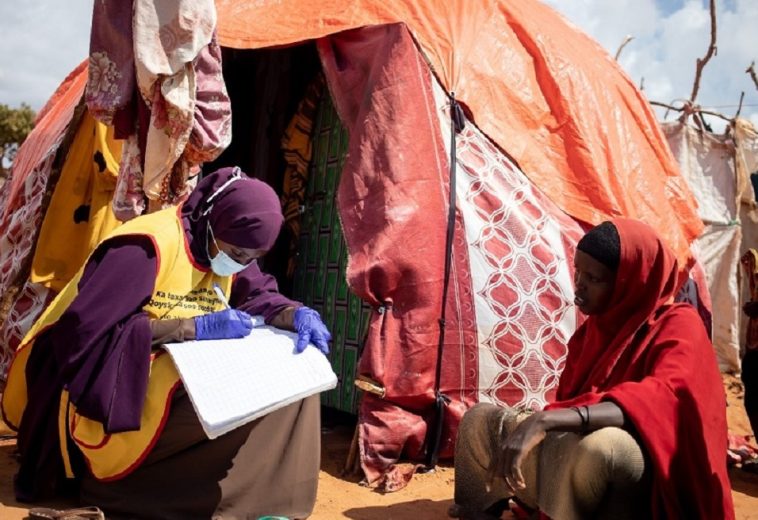Philanthropy has historically been seen as an act of benevolence from the West to Africa, reinforcing the perception of an impoverished continent reliant on foreign assistance. However, African homegrown foundations and initiatives are stepping up to the challenge with their innovative philanthropy, effectively changing this narrative.
Several organisations, including the Tony Elumelu Foundation, Books for Africa, the TY Danjuma Foundation, and the Little Brinks Foundation. These organizations focus on various causes, including education, health, and economic development across the continent.
Private philanthropies constitute the majority of foundations supporting development across Africa in areas such as welfare, child education, primary healthcare, entrepreneurship, sustainable housing, and more.
According to the Organisation for Economic Co-operation and Development, private philanthropy for sustainable development has been growing over time. In 2020, over 40 of the largest private philanthropic foundations provided almost USD 10 billion in support of developing countries. In 2021, private grants for development reached nearly USD 11 billion. Countries in Eastern and Western Africa, along with South Asia received the largest volumes of philanthropic finance during 2018-20.
Health and population policy accounted for 56% of private philanthropy, followed by civil society development and human rights, agriculture, and education. The Sustainable Development Goals (SDGs) that private donors prioritised the most were gender equality (SDG 5), partnerships (SDG 17), no poverty (SDG 1), good health and well-being (SDG 3), and reduced inequalities (SDG 10). The majority of private philanthropy is channelled towards specific projects or programmes through non-governmental organisations (NGOs) and research institutes. These private philanthropic foundations have significantly increased their funding for climate action in developing countries.
These private philanthropies are empowering Africans through homegrown efforts tailored to meet the diverse needs of the continent. This powerful force is playing a vital role in supporting local initiatives and fostering sustainable growth within communities.
Several factors have contributed to the rise of African philanthropy, with economic growth being at the forefront. Over the past two decades, Africa has seen considerable economic expansion, with several countries experiencing substantial GDP growth. This economic boom has given rise to a new class of African entrepreneurs and business leaders who are increasingly turning their wealth towards philanthropy.
Africa has a rich history of solidarity and communal support that has helped it survive and thrive through countless obstacles, whether natural or man-made. It is therefore logical for these homegrown charities to partner with host communities, who are best positioned to identify the issues that affect them most.
As governments work to improve transparency and accountability, there is a growing recognition of the role that private individuals and organisations can play in driving social change. This has been coupled with the rise of civil society movements, which have become powerful advocates for social justice and equity.
These charities are doing more than merely aiding the development of Africa; they are reshaping the narrative, challenging pre-existing negative stereotypes, and demonstrating to the world that Africa can indeed conceive homegrown solutions to its challenges and address them directly.
As more homegrown charities rise to the occasion, there is hope that Africa’s future will be one of ingenuity, self-reliance, and excellence across all sectors, positioning the continent as a respected player in global affairs. Looking ahead, African philanthropy is set to play a critical role in creating a future where the youth lead sustainable growth and community development. Through collaboration, local problem-solving, and investment in young people, philanthropic initiatives are not only improving lives but also paving the way for a brighter future for the continent.




